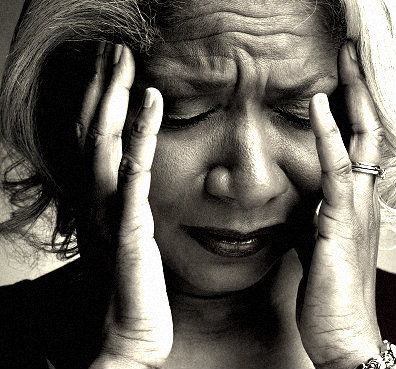13 Nov 2013
Why Is Drug Use Surging In Baby Boomers?
Statistics gathered by the Substance Abuse and Mental Health Services Administration, or SAMHSA, show a disturbing trend among older Americans. Members of the Baby Boom generation are using drugs and getting addicted to them in record numbers. Whether we can explain the trend or not, the fact remains that elder drug abuse presents some unique problems that require unique approaches for prevention and treatment.
 The statistics from SAMHSA show that among older Americans in recent years, marijuana use has increased five-fold, cocaine use has quadrupled, heroin abuse has doubled, and abuse of prescription drugs has more than quadrupled. The survey from SAMHSA also records treatment for drug abuse and addiction and found increases in the numbers of Boomers getting help for alcohol abuse in combination with cocaine use, and for abusing prescription painkillers. Emergency room visits for painkiller abuse and overdoses increased greatly over the last decade.
The statistics from SAMHSA show that among older Americans in recent years, marijuana use has increased five-fold, cocaine use has quadrupled, heroin abuse has doubled, and abuse of prescription drugs has more than quadrupled. The survey from SAMHSA also records treatment for drug abuse and addiction and found increases in the numbers of Boomers getting help for alcohol abuse in combination with cocaine use, and for abusing prescription painkillers. Emergency room visits for painkiller abuse and overdoses increased greatly over the last decade.
Explanations And Complications Of Drug Abuse In Older Americans
At first glance, the statistics surrounding the use and abuse of drugs in older Americans seems surprising. However, it is important to understand that we are discussing a generation of people who came of age in the 1960s, a time of experimentation and rebellion against authority. In tracking the drug and alcohol behaviors of this generation over the years, finding that they now, in their older years, are still using drugs is not a surprise. It only seems shocking when compared with the generations that came before them.
Unfortunately, drug abuse is even more of a problem for a person in his 50s and 60s than it was when he was in his 20s. As we age, our metabolism slows. For an older person abusing drugs or drinking too much alcohol, the time it takes to metabolize and get out of his system is much longer. An older person using may be intoxicated for longer and, therefore, at risk for more accidents and injuries.
Another issue is that drug users in their 50s or 60s are more likely to have health problems than they did in their younger years. Drug or alcohol abuse may exacerbate these problems, or even interact badly with prescribed medications. Furthermore, the symptoms of these other health conditions may mask the usual signs of drug abuse or addiction.
Signs Of Drug Abuse
Drug abuse and addiction are serious problems at any age, but in older Americans they present greater risks and complications. It is important to be aware of the possibility of drug use and to look out for signs in loved ones. Because another health problem may cause symptoms that mask the physical signs of drug abuse, watch for changes in behavior as the sign of a problem. Mood swings that are unexplained could be a sign of addiction, drinking or drug abuse. Changes in personality are also troubling. When someone just doesn’t seem like himself anymore, there could be a problem with drug abuse.
Prescription abuse is a growing problem among all age groups, so look for signs that your older friend or family member is abusing them. This could mean that he is requesting more refills for painkillers, seeing several doctors to get more prescriptions, going to more than one pharmacy or in other ways is trying to get more of his medications than has been prescribed.
Getting Help For A Loved One Abusing Drugs Or Alcohol
If anyone you love or care about is abusing drugs or alcohol, it is important to help him seek treatment; with an older person, it is especially imperative. Drug abuse can cause even more problems for someone who is older and should be stopped in its tracks. Having the courage to confront your parent, spouse, or other loved one about your suspicions could just save his life.
Confrontation is never easy so be prepared. Bring one or two other people along, friends or family members your loved one trusts. Be ready with solutions so that you are not simply accusing, but helping. Do your research ahead of time and find facilities for treatment that are prepared to work with older patients. As the problem of drug abuse continues to rise in the older demographic, more treatment centers are focusing on the age group. You should be able to find treatment plans that will suit the specific needs of your loved one and that will help him feel comfortable while getting well.


